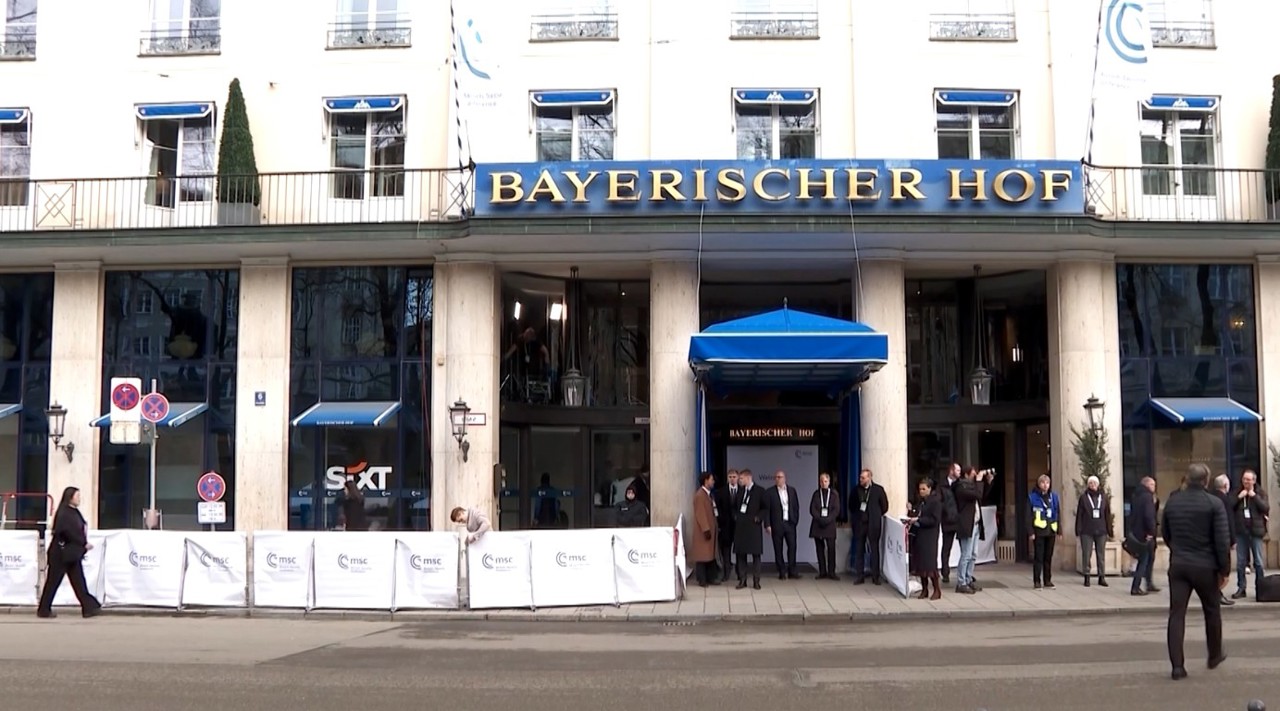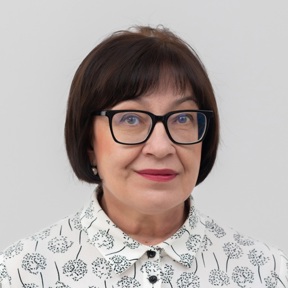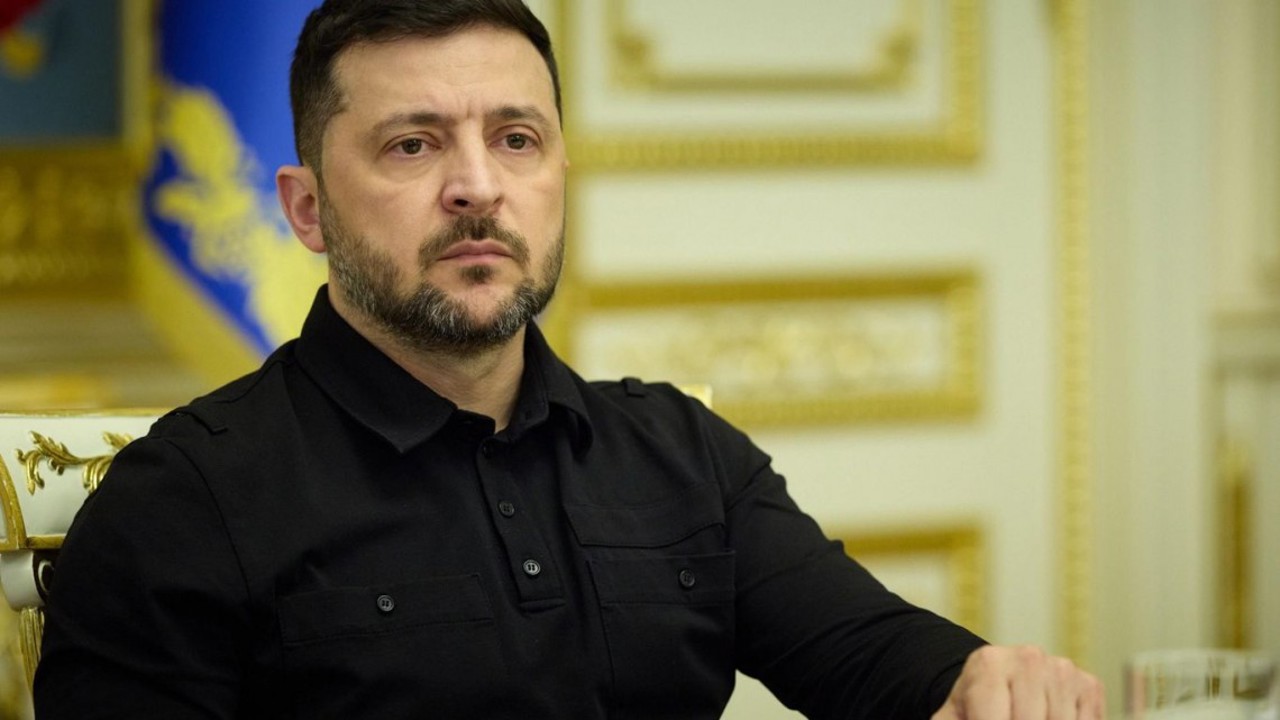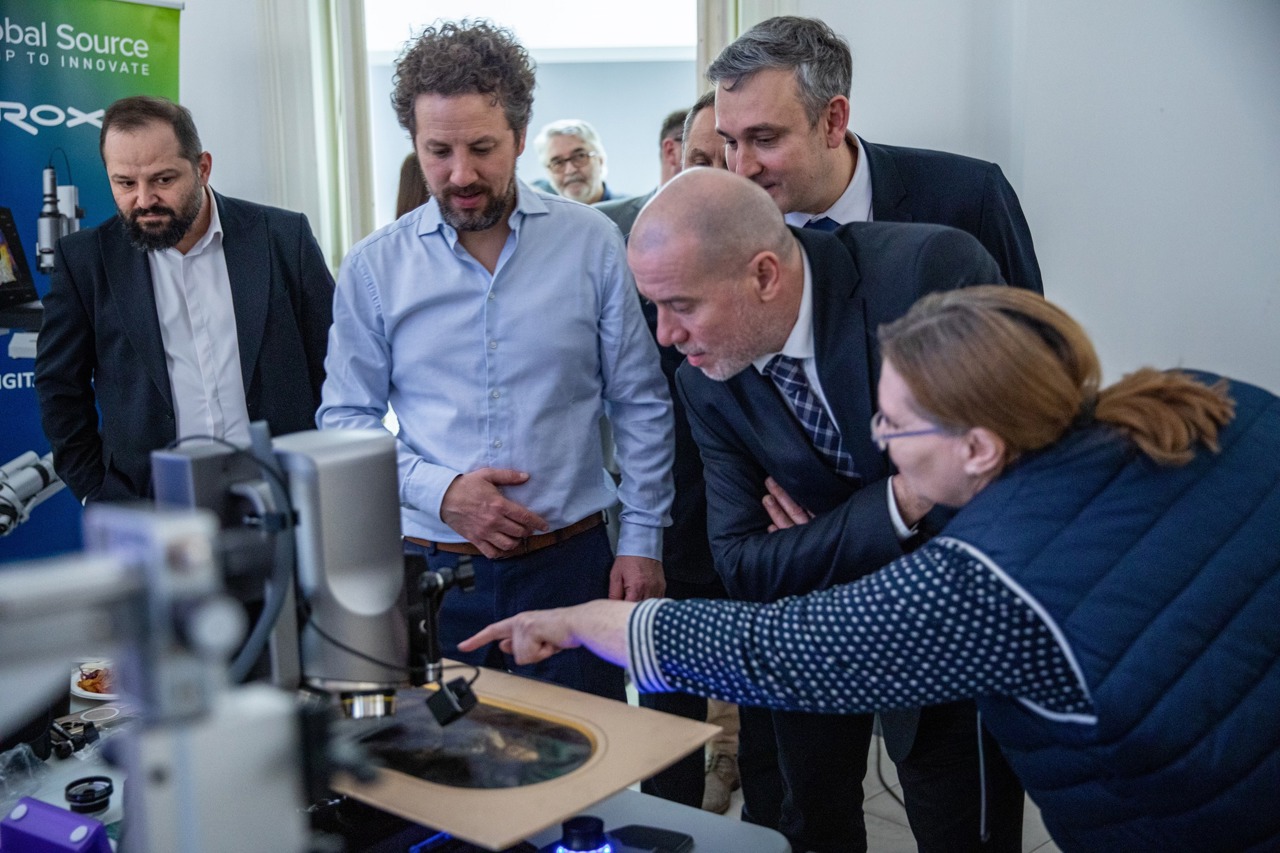Why is Putin dodging Zelensky talks? Experts explain
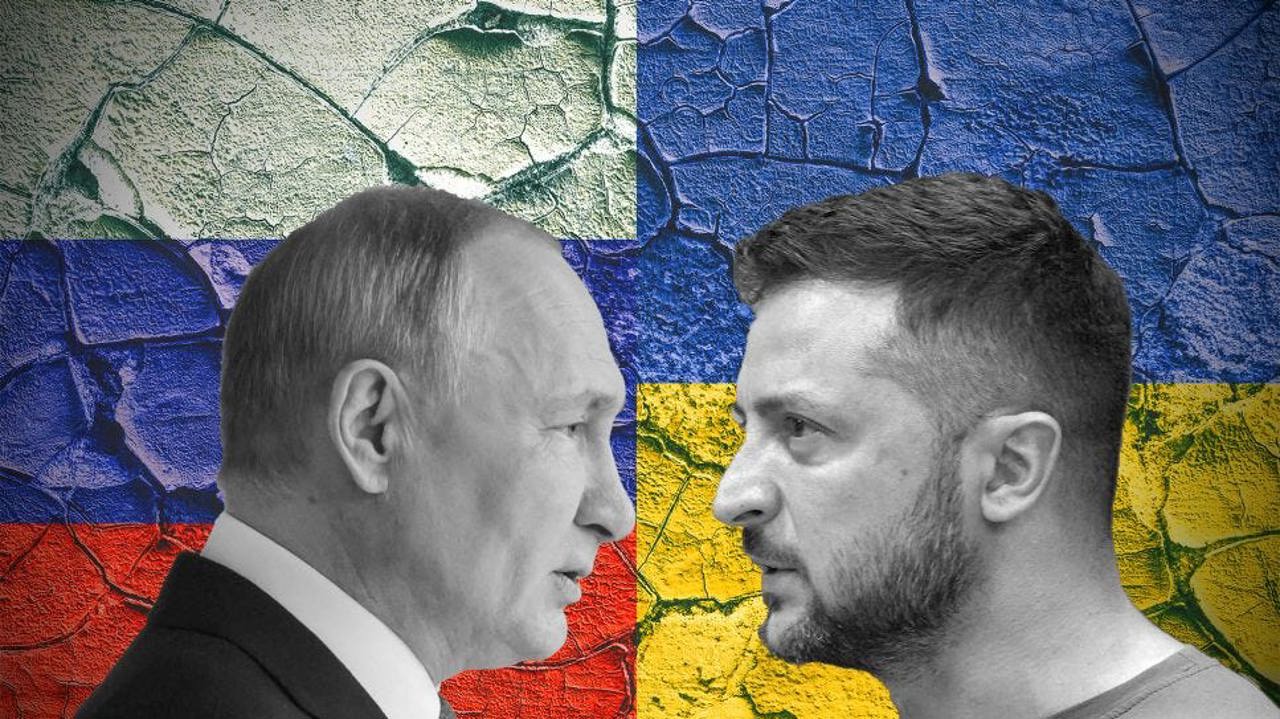
Russia is attempting to use the ceasefire concept as a strategy for military consolidation and geopolitical advantage, say experts. They explain that Vladimir Putin is avoiding a meeting with Volodymyr Zelensky because Moscow has not yet reached its strategic goal of preventing Kyiv from becoming a functioning democracy and a NATO member. Additionally, they believe the international community can influence the outcome of negotiations.
Expert in disinformation Rufin Zamfir, a strategic analyst for the Western Balkans, says Russia is delaying peace negotiations to force a ceasefire for its own benefit.
It has no interest in advancing in peace negotiations. Russia is counting on delaying dialogue, mimicking the desire for talks, only to strengthen its military positions. This will allow it, at a later stage, to enter a real ceasefire scenario. Putin has not achieved his goals: preventing Ukraine from becoming an independent and sovereign democracy, part of NATO. He is still far from realizing his imperialist dream. The international community, in which the US is the leading influencer, has a role in shaping the decision-making process.
Security expert Andrei Curăraru claims that the Kremlin is trying to gain an image advantage. The negotiations were launched, counting on Kiev's refusal. The maneuver failed, which increased the pressure on Moscow.
It is clear that Putin would never want to meet Zelensky physically, but this "theater" of two continues in front of Trump. It all depends on how a possible truce would be. The Kremlin needs firm control over the front to enter into direct negotiations with the US from a position of strength in the hope of imposing favourable geopolitical conditions.
Political scientist Marin Gherman believes that Putin is pursuing "equal" talks only with leaders like Donald Trump, avoiding a direct dialogue with Zelensky.
Putin wanted to talk only with global leaders. He wants to sit in negotiations with Donald Trump and discuss Ukraine in the absence of Ukraine. Hence the effort to move the discussion from a ceasefire to a negotiation that addresses the fundamental causes of the conflict. Zelensky also wants to demonstrate to Trump that Russia is to blame for this war.
EU policy expert Laurențiu Pleșca warned that Moscow's lack of negotiation availability is causing the West to apply a new strategy.
First, there must be a ceasefire, and then bilateral negotiations. (...) Vladimir Putin's non-appearance means that, in practice, Russia vehemently refuses any lasting peace in Ukraine. And the European states and the United States will act accordingly if this meeting does not occur.
The Romanian commander in reserve, Sandu-Valentin Mateiu, notes that negotiations between Ukraine and the Russian Federation are marked by irreconcilable positions regarding the occupied territories.
Ukrainians will not accept the Kremlin's demands: to lose at the negotiating table what they did not lose on the battlefield. This meant the Russians would gain what they had not achieved through the war. Geopolitically, the EU and the US play a key role in shaping the diplomatic framework. The Europeans will try to be restrained, because they must synchronize their efforts with the US.
WatchDog expert Eugen Muravschi states that Moscow has no credibility, and a stable peace cannot be achieved without guarantees from international allies.
When Russia has the military advantage or is on the offensive, Putin will not make concessions. Russia must be put on the defensive, and Ukraine must push Russian troops off its territory. (...) Russia would not be ready for peace. If Russia does not want a ceasefire, it does not want peace. Vladimir Putin is lying again. To have peace, guarantees from the West are needed first of all. Without them, any peace will only be temporary.
Direct negotiations aimed at ending the Russian-Ukrainian war are set to resume today, May 15, in Istanbul, Turkey. This marks the first time the talks have taken place in three years. Notably, neither Vladimir Putin nor Donald Trump will be in attendance.
The Kremlin has announced that the Russian delegation will be led by presidential adviser Vladimir Medinsky, while the U.S. delegation will be headed by Secretary of State Marco Rubio. Ukrainian President Volodymyr Zelensky is participating in the peace talks after being encouraged by U.S. and European officials, who believe his presence will strengthen Ukraine's position. However, he made it clear that he would only join the negotiations if Putin were also present, stating, "All the answers about this war are in Moscow."
